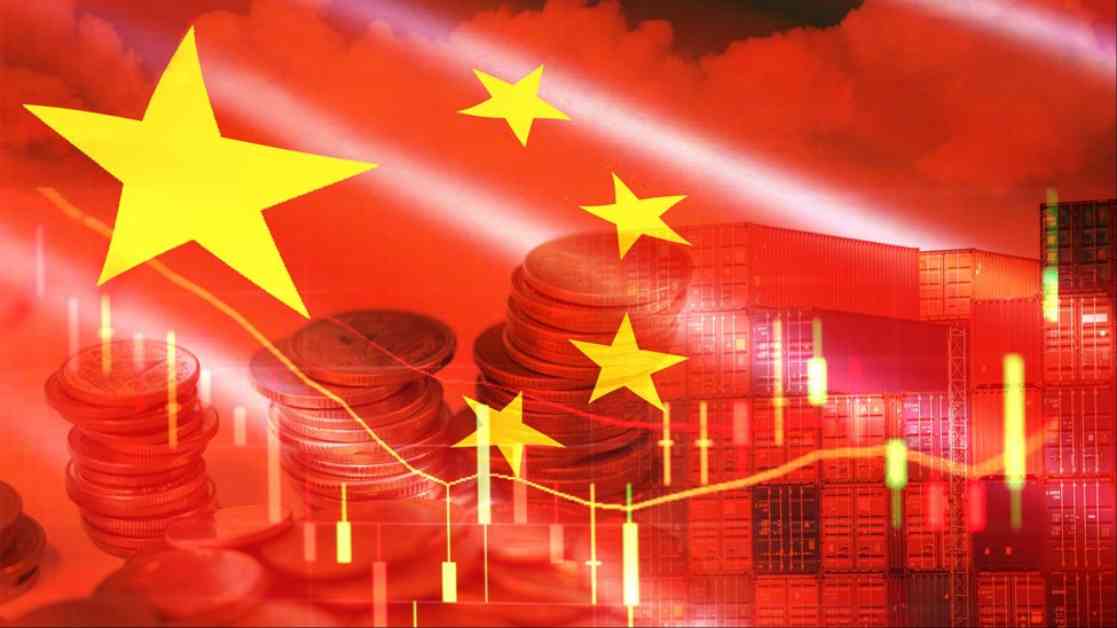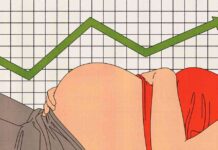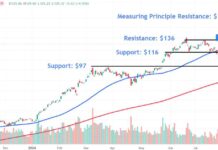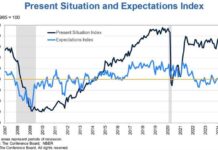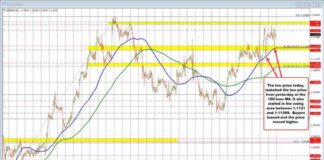China’s economic data for August 2024 has once again fallen short of expectations, with retail sales, industrial output, and investment figures all showing weaker growth than anticipated. This disappointing performance has raised concerns about the state of the Chinese economy and its ability to achieve its growth targets for the year.
Retail sales in China grew by 2.1% year-on-year in August, below the expected 2.5% and the previous month’s 2.7%. Similarly, industrial production increased by 4.5% year-on-year, missing the forecast of 4.8% and the previous month’s 5.1%. Fixed asset investment also fell short, with a growth rate of 3.4% year-to-date compared to the expected 3.5% and the prior month’s 3.6%. The unemployment rate in China stood at 5.3%, slightly higher than the anticipated 5.2% and unchanged from the previous month.
One of the most concerning aspects of the economic data was the decline in home prices, which fell at their sharpest rate in 9 years. In August, home prices dropped by 5.3% year-on-year, compared to the previous month’s 4.9% decrease. On a month-on-month basis, home prices were down by 0.7%, consistent with the decline seen in July. This downward trend in property prices is a significant cause for worry, as the real estate sector has long been a key driver of economic growth in China.
To counteract the sluggish economic performance, the Chinese government is expected to implement further stimulus measures. Reports suggest that China is planning to cut interest rates on more than $5 trillion of outstanding mortgages in a bid to boost consumer spending and investment. These piecemeal stimulus efforts are likely to continue as China strives to achieve its growth target of around 5% for the year.
Despite the disappointing economic data, the National Bureau of Statistics (NBS) of China remains optimistic about the country’s economic prospects. In a statement, the NBS highlighted the positive impact of the strong leadership of the Communist Party of China (CPC) and its adherence to the decisions and arrangements made by the CPC Central Committee and the State Council. The NBS praised the efforts of all regions and departments in implementing the new development philosophy and promoting high-quality development, which resulted in a stable national economy with steady progress.
The NBS statement outlined several key areas of growth and stability in the Chinese economy. Industrial production was noted to have increased steadily, particularly in equipment manufacturing and high-tech manufacturing sectors. The service sector continued to recover, with modern services developing well. Market sales saw a continuous increase, with online retail sales growing rapidly. Investment in fixed assets scaled up, especially in high-tech industries. Imports and exports of goods grew fast, and the trade structure continued to optimize. Employment remained generally stable, although the urban surveyed unemployment rate saw a slight increase. Consumer price inflation expanded, while producer prices for industrial products declined.
Impact on the Economy
The disappointing economic data for August has raised concerns about the overall health of the Chinese economy and its ability to achieve its growth targets. The weaker-than-expected retail sales, industrial output, and investment figures point to underlying weaknesses in consumer spending, manufacturing activity, and business investment. The decline in home prices is particularly worrying, as it indicates a slowdown in the property sector, which has been a significant driver of economic growth in China.
The Chinese government’s response to the lackluster economic performance has been to implement stimulus measures aimed at boosting consumer spending and investment. The decision to cut interest rates on outstanding mortgages is a clear indication of the government’s commitment to supporting economic growth. However, the effectiveness of these measures remains to be seen, as the challenges facing the Chinese economy are multifaceted and complex.
Future Outlook
Looking ahead, the Chinese economy faces a number of challenges that will need to be addressed in order to achieve sustainable growth. The ongoing trade tensions with the United States, the slowdown in global economic growth, and the structural issues in the Chinese economy all pose significant risks to the country’s economic prospects. It will be crucial for the Chinese government to implement targeted policies that address these challenges and promote long-term growth.
In conclusion, the disappointing economic data for August underscores the need for proactive measures to support the Chinese economy and ensure its continued stability and growth. The government’s stimulus efforts are a step in the right direction, but more comprehensive and sustainable policies will be required to address the underlying issues facing the economy. With careful planning and strategic decision-making, China can overcome its current challenges and emerge stronger in the years to come.
